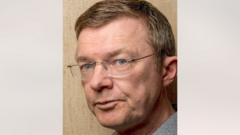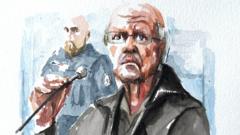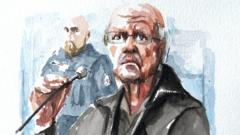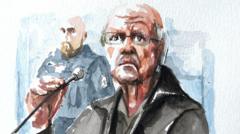As the Catholic Church faces significant ideological divisions reminiscent of global political shifts, the upcoming papal conclave reflects deeper concerns regarding inclusion, accountability, and the church's future direction.
Divisions Within the Church: The Battle for Papal Succession

Divisions Within the Church: The Battle for Papal Succession
Key ideological rifts within the Roman Catholic Church are at the forefront as cardinals prepare to elect a new pope.
The cardinals gathering in Vatican City to elect the next pope are embodying a state of ideological polarization that mirrors the contentious divisions seen in political arenas around the world. This conclave, set to begin following the passing of Pope Francis, finds particularly pronounced disagreements among conservative and progressive factions of the Church. While Pope Francis was widely embraced by the liberal community, his leadership has drawn sharp critiques from traditionalist elements.
However, the stark binary between progressives and conservatives oversimplifies the real debates orchestrating discussions within the Vatican and the expansive Catholic community. Advocates are engaged in complex deliberations on several contentious topics, including the inclusion of women, L.G.B.T.Q. rights, the possibility of a married clergy, and the Church's commitment to accountability in terms of priestly sexual abuse scandals.
Amidst these polarized perspectives, a philosophical undercurrent prevails: who should have a voice in shaping the Church’s trajectory moving forward? This question will likely dominate the selection process of the new pope and frame the challenges ahead for the Catholic Church as it seeks to address the needs and concerns of a diverse global congregation.




















